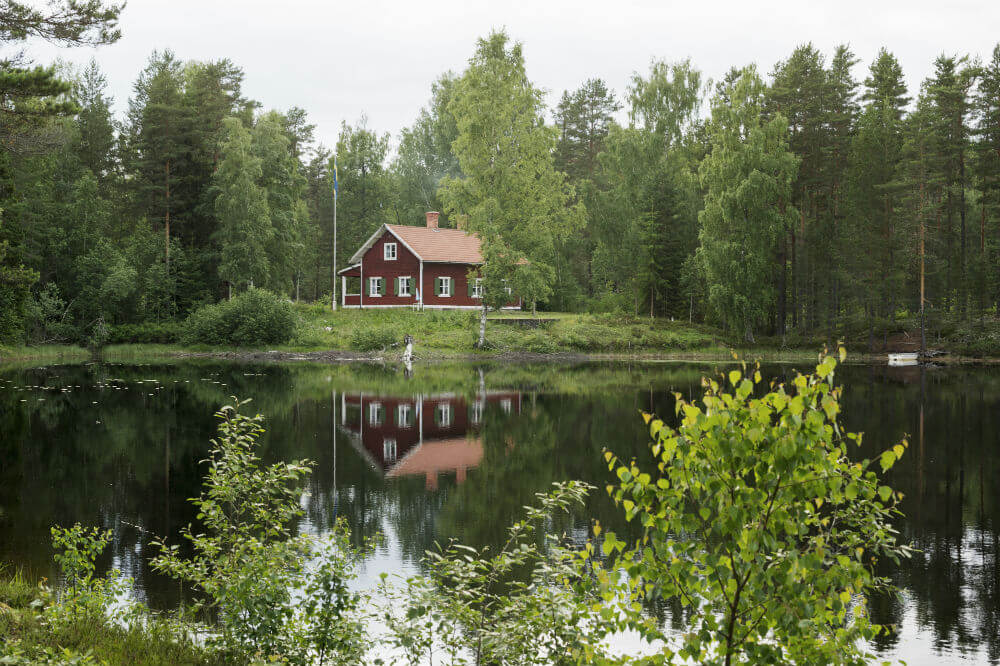Now is a great time to buy a cottage
Vacation property prices haven't increased in 5 to 7 years
Advertisement
Vacation property prices haven't increased in 5 to 7 years

If you’ve ever dreamt of owning a cottage, now is a great time to buy.
For the better part of a decade prices for lakefront real estate and chalets in key Canadian vacation hot spots rivalled the housing prices of the finer neighbourhoods in Toronto, Calgary, Vancouver and Montreal. But this has changed in the last few years. “It’s a buyer’s market when it comes to [Canadian] vacation homes,” says Tim Harris, owner of Tradewinds Realty which services the South Shore area of Nova Scotia. Prior to 2008, about 50% of Canada’s second home purchasers were American, says Harris. But then came the U.S. housing crash American property owners started to sell. As a result, Harris has watched the Nova Scotian vacation property market drop by 20%. And it’s not the only vacation property area to experience a dip in pricing. “Americans started rationalizing their vacation home purchases and started selling in droves,” says Harris. But the U.S. economy is stronger now, you say. That means prices should be picking up. Not yet, says Harris. Despite a steadily growing U.S. economy buyers from south of the border still haven’t come back to Canada. “Instead, we saw an additional 10% drop in average prices over 2014,” says Harris.This is good news for anyone looking to buy a cottage or vacation property in Canada. But to get the most for your money you’ll need to get organized.
First, determine your primary use. Will the place be used for family gatherings? To enjoy during regular vacation times, or will it be more regularly used now that you’re in retirement? Do you plan on earning some extra money by renting the place out? Answers to these questions will dictate what you buy and where. For instance:→ A vacation property that will double as a retirement retreat should have easy access to
amenities, such as grocery stores, gas stations and hospitals.
→ A family cottage should have adequate sleep areas for a growing family (remember, the kids will want sleepovers) and adequate kitchen and eating areas.
→ A rental place needs to be located in a high-demand area, such as on a lake or near sought-after sites (such as near Fundy National Park in New Brunswick).
Once you know what you need and want it’s time to get your finances in order. Make a budget for annual maintenance, property tax, propane fuel refills, septic tank cleaning and garbage dump fees. You’ll also need to come up with a hefty down payment—second properties require buyers to put down at least 20%. When looking for that ideal retreat, keep in mind that places closer to major urban centres carry higher price tags but other factors can also drive up a property’s price. “The size of a lake will dictate a larger price,” says John Sallinen, a Re/Max broker in the Muskoka, Ont., area. “Most people want to be on a large lake.” Get off the big lakes and travel a bit further and prices begin to drop, sometimes dramatically. (Although, you may not command as high a rental price for these off-the-beaten path properties.) To narrow down your choice of locations, consider tapping into market research. Every year in May, Re/Max releases its Recreational Property Report, which offers insight into costs and availability in the nation’s prime vacation spots. Read more from Romana King at Home Owner on Facebook »Share this article Share on Facebook Share on Twitter Share on Linkedin Share on Reddit Share on Email